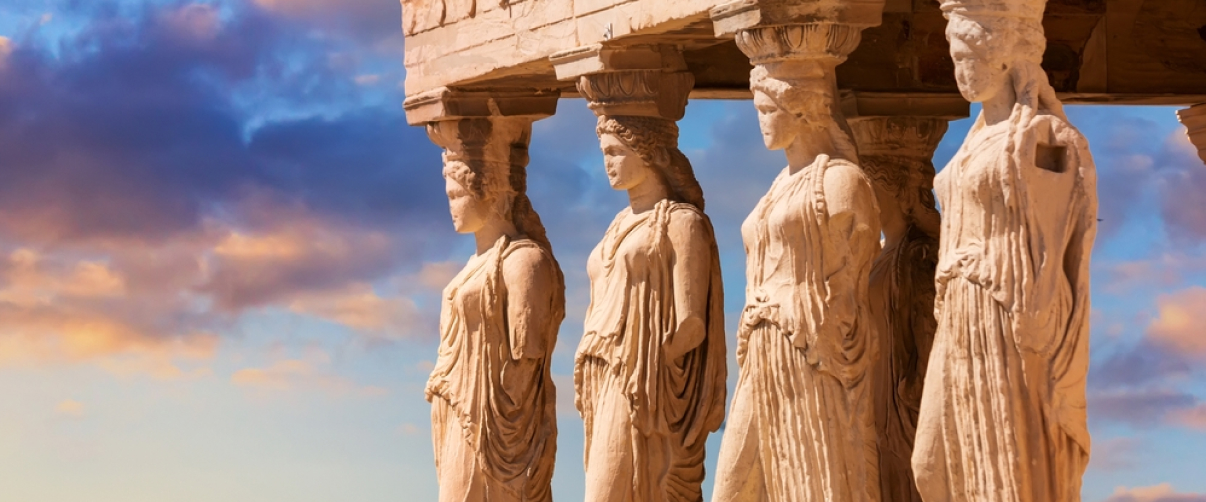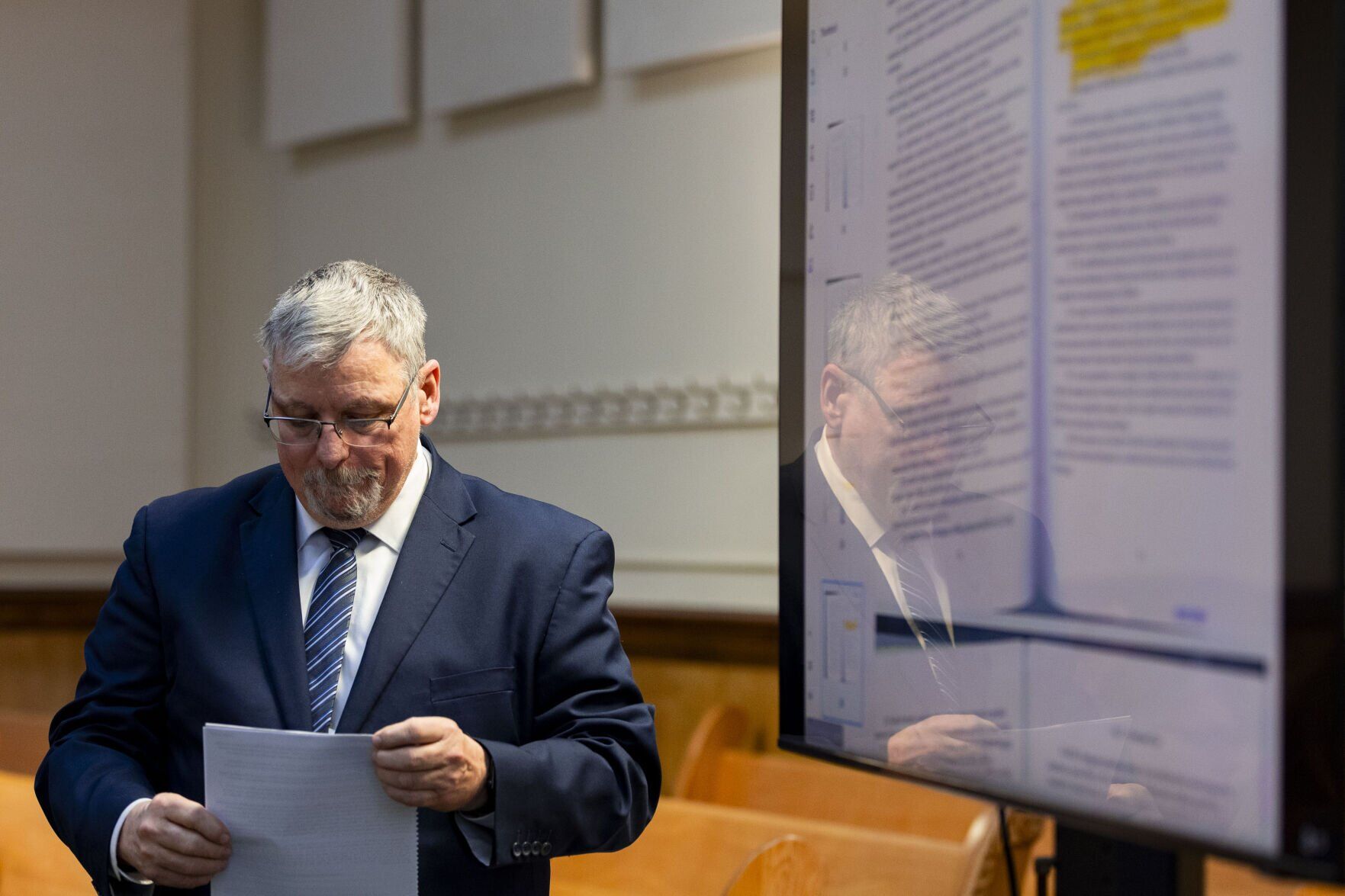In the vast tapestry of human history, the threads woven by women have often been overshadowed or erased altogether. Yet, from the warrior queens who led armies into battle to the scholars who penned the earliest known literature, women have played pivotal roles in shaping civilizations. Today, we journey back in time to rediscover these remarkable individuals whose legacies deserve recognition and celebration.
Women in Ancient Civilizations: Forgotten Leaders, Warriors, and Scholars

Warrior Queens and Military Leaders
Boudicca: The Fearless Leader of the Iceni
In 1st century Britain, a fierce queen named Boudicca rose against the might of the Roman Empire. After the Romans seized her lands and brutalized her family, Boudicca united the Iceni tribe and neighboring clans to lead a formidable rebellion. She commanded an army of 100,000 warriors, orchestrating significant victories and challenging the very core of Roman authority. Despite eventual defeat, her legacy endures as a symbol of resistance and national pride.
The Trung Sisters: Vietnam’s First National Heroines
In 40 AD, sisters Trung Trac and Trung Nhi ignited a revolution against Chinese domination in Vietnam. Following the execution of Trung Trac’s husband by Chinese authorities, they galvanized an 80,000-strong army, including numerous women, and liberated their homeland from oppression. Though their rebellion was ultimately quelled, their bravery is commemorated in Vietnam, inspiring generations to fight for autonomy.
Fu Hao: China’s First Female General
During the Shang Dynasty around 1200 BC, Fu Hao emerged as a formidable military leader and high priestess. Married to Emperor Wu Ding, she transcended traditional roles to command troops in numerous campaigns, notably against the Tu-Fang tribe. Her tomb, laden with weapons and treasures, reflects her unprecedented status in ancient China.
Artemisia I of Caria: The Naval Commander
In the 5th century BCE, Artemisia I ruled Caria and served as an ally to Persian King Xerxes I. Renowned for her naval prowess, she played a crucial role in the Battle of Salamis against the Greeks. Her strategic acumen and leadership were so esteemed that even her adversaries acknowledged her exceptional capabilities.
Powerful Empresses and Queens
Hatshepsut: The Pharaoh Who Ruled as King
Breaking the conventions of ancient Egyptian society, Hatshepsut declared herself pharaoh in 1478 BCE. To legitimize her rule in a patriarchal world, she adopted male regalia, including the false beard traditionally worn by kings. Her reign brought prosperity, extensive trade expeditions, and monumental architectural achievements like the temple at Deir el-Bahri. Despite attempts by her successor to erase her from history, her legacy as one of Egypt’s most successful pharaohs survives.
Empress Wu Zetian: The Only Female Emperor of China
Wu Zetian’s ascent to power during the Tang Dynasty is a tale of ambition and intellect. Starting as a concubine, she rose to become the emperor’s consort and eventually declared herself the sole ruler, establishing the Zhou Dynasty in 690 CE. Her reign was marked by political and economic reforms, military expansion, and the promotion of meritocracy. She challenged societal norms and left an indelible mark on Chinese history.
Queen Seondeok of Silla: A Pioneer in Unified Korea
In 632 CE, Queen Seondeok became the first female ruler of Silla, one of the Three Kingdoms of Korea. Her reign focused on cultural development, education, and strengthening the kingdom’s defenses. She commissioned the Cheomseongdae Observatory, one of the oldest surviving astronomical observatories in Asia. Through her wisdom and foresight, she paved the way for the eventual unification of Korea.
Scholars and Literary Pioneers
Enheduanna: The World’s First Named Author
Enheduanna, a high priestess in ancient Mesopotamia around 2285–2250 BCE, holds the distinction of being the first known author in history. Her hymns and poems not only offer insights into the spiritual life of her time but also establish a female voice at the very inception of recorded literature.
Rābi‘a Balkhī: The Martyred Poet of Persia
In the 9th century, Rābi‘a Balkhī emerged as one of the first female poets in Persian literature. Her poignant love poetry and tragic death—martyred for loving a slave—have made her a symbol of independence and resilience for Afghan women and beyond.
Egeria: The Pilgrim Writer
Egeria, a woman from the 4th century, undertook a monumental pilgrimage to the Holy Land. Her detailed accounts provide one of the earliest narratives of Christian pilgrimage practices and offer invaluable insights into early monastic life. She is celebrated for her contributions to travel writing and historical documentation.
Social and Cultural Influencers
The Power of Xiongnu Women in Ancient Mongolia
The Xiongnu Empire, predating Genghis Khan by a millennium, thrived from the 2nd century BCE to the late 1st century CE in what is now Mongolia. Recent archaeological discoveries and genetic research have revealed the significant roles women played in this nomadic society. Elite tombs of women adorned with luxury goods and symbols of leadership indicate that Xiongnu women were crucial in political alliances and maintaining the empire’s cohesion along the Silk Road.
A Legacy Worth Remembering
The stories of these women challenge the traditional narratives of history, ones that have too often minimized or ignored female contributions. Their achievements span leadership, warfare, literature, and diplomacy, illustrating that women have been at the forefront of shaping societies since ancient times.
By rediscovering and celebrating these figures, we not only honor their memories but also inspire future generations to recognize the limitless potential within all individuals, regardless of gender.
Bringing History to Light
For those eager to delve deeper into the lives of these incredible women, Kate Mosse’s “Warrior Queens & Quiet Revolutionaries: How Women Also Built the World” offers an extensive exploration. Mosse’s work sheds light on many such forgotten figures, emphasizing the importance of acknowledging women’s contributions throughout history.
Purchase “Warrior Queens & Quiet Revolutionaries” here
By revisiting and highlighting the stories of these extraordinary women, we enrich our understanding of the past and pave the way for a more inclusive historical narrative.











